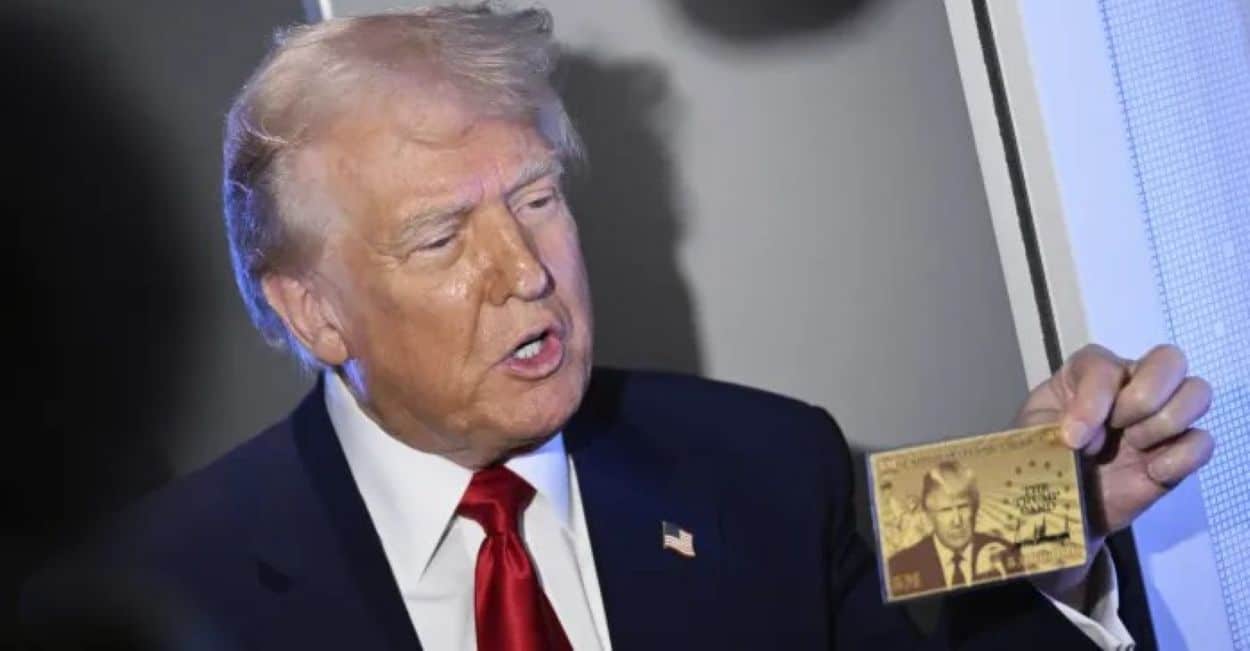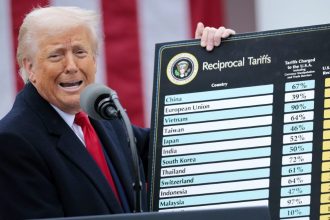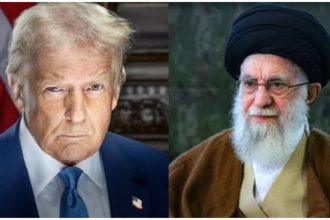US President Donald Trump announced the launch of TrumpCard.gov, a website introducing a new $5 million “Gold Card” visa program offering wealthy investors permanent US residency. This initiative replaces the EB-5 visa and has sparked considerable debate regarding Trump’s immigration policies. This article examines the program, its potential implications, and the public’s reactions.
Trump’s Gold Card Visa Program
The “Trump Card” program, unveiled by Trump aboard Air Force One in April 2025, allows foreigners to purchase US residency for $5 million, with a potential path to citizenship. Visitors to TrumpCard.gov can join a waitlist by submitting their name, email, region, and whether they apply as individuals or businesses. Trump claims the program will attract job creators and reduce the national deficit, projecting up to 1 million sales.
“Thousands are asking how to sign up to access the greatest country and market in the world,” Trump posted on Truth Social, promoting the waitlist.
Program Details and Eligibility
Unlike traditional green cards, which require five years of residency, basic English skills, and good moral character, the Gold Card targets affluent investors. The program, described as a premium route, has drawn interest from Indian nationals, with US Commerce Secretary Howard Lutnick noting its appeal at the 2025 US-India Strategic Partnership Forum. Applicants register at TrumpCard.gov to be notified when applications open, though visas are unavailable.
The Gold Card launch coincides with Trump’s intensified deportation raids, sparking protests and lawsuits over alleged rights violations. A new travel ban affecting 12 countries, effective June 9, 2025, has heightened scrutiny of his immigration agenda. Critics argue the $5 million visa favours the ultra-wealthy while restricting others, though such sentiments remain inconclusive. The program’s exclusivity contrasts with tightened immigration enforcement.
The Trump Card has generated buzz highlighting its appeal to wealthy foreigners. Supporters view it as an economic boost, while critics question its fairness. Al Jazeera notes global interest, with the website featuring a gold card bearing Trump’s image. The program’s potential to include controversial figures, like Russian oligarchs, as Trump suggested in February, adds to the debate.
If successful, the Gold Card could generate billions, though its impact on the US debt of $35 trillion is uncertain. The program may reshape US immigration, prioritising wealth over traditional pathways. Legal challenges, amid ongoing immigration disputes, could delay implementation. As TrumpCard.gov collects waitlist data, the world watches how this bold policy unfolds in 2025, balancing economic goals with ethical concerns..






